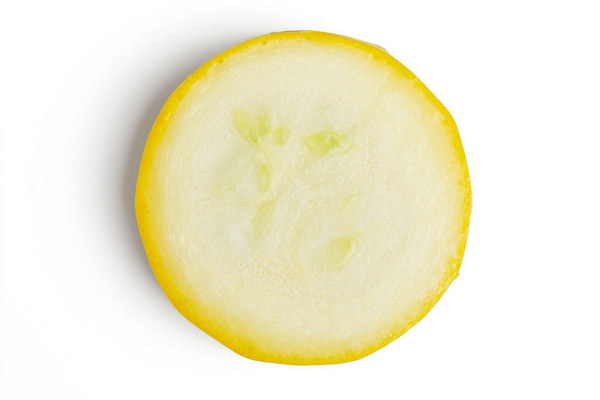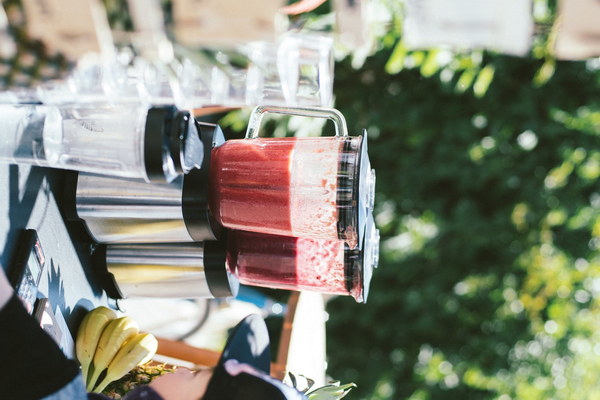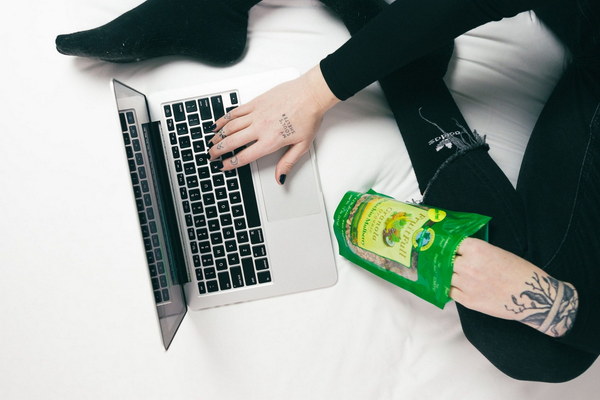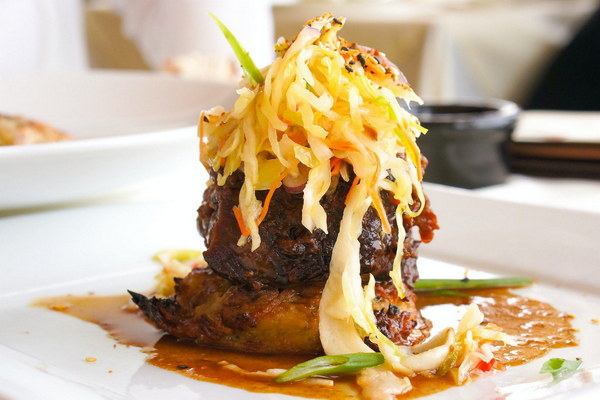Nurturing Liver and Kidney Health in the Elderly Essential Tips for Longevity
Introduction:
As we age, the importance of maintaining optimal liver and kidney health becomes increasingly significant. These vital organs play crucial roles in filtering toxins, metabolizing nutrients, and supporting overall well-being. Unfortunately, aging can lead to a decline in liver and kidney function, making it essential for the elderly to adopt a proactive approach to care for these organs. In this article, we will explore essential tips to help the elderly nurture their liver and kidney health, promoting longevity and vitality.
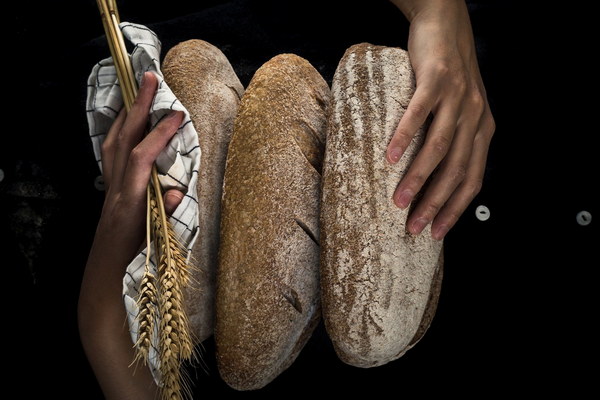
1. Balanced Diet:
A balanced diet rich in essential nutrients is crucial for liver and kidney health. The following dietary recommendations can help:
- Increase intake of fruits, vegetables, and whole grains: These foods are high in antioxidants and fiber, which aid in detoxification and reduce the risk of kidney damage.
- Consume lean proteins: Lean proteins such as chicken, turkey, and fish are beneficial for liver and kidney function.
- Limit sodium and processed foods: High sodium intake can lead to fluid retention and increase the workload on the kidneys. Processed foods are often high in unhealthy fats and preservatives that can harm both organs.
- Stay hydrated: Adequate water intake is essential for kidney function. It helps flush out toxins and waste products from the body.
2. Regular Exercise:
Regular physical activity is beneficial for maintaining healthy liver and kidney function. Exercise helps improve blood flow, which enhances the organ's ability to remove waste and toxins. Here are some exercise recommendations:
- Engage in moderate-intensity aerobic exercises, such as walking, swimming, or cycling, for at least 150 minutes per week.
- Include strength training exercises two to three times a week to improve muscle mass and bone density.
- Stretching and flexibility exercises can also be beneficial for overall health and reduce the risk of injury.
3. Limit Alcohol and Smoking:
Excessive alcohol consumption and smoking can significantly harm liver and kidney function. It is crucial for the elderly to limit or avoid these habits:
- Limit alcohol intake to moderate levels, such as one drink per day for women and up to two drinks per day for men.
- Quit smoking to reduce the risk of kidney disease and improve overall health.
4. Regular Check-ups:
Regular medical check-ups are essential for monitoring liver and kidney function. The following tests may be recommended:
- Blood tests to assess liver enzymes, such as alanine aminotransferase (ALT) and aspartate aminotransferase (AST), which indicate liver health.
- Urinalysis to check for protein and blood, which may indicate kidney damage.
- Blood pressure monitoring, as hypertension can contribute to kidney damage.
5. Stress Management:
Stress can negatively impact liver and kidney health. The elderly can adopt the following stress management techniques:
- Practice mindfulness and meditation to reduce anxiety and improve mental well-being.
- Engage in hobbies or activities that bring joy and relaxation.
- Maintain a healthy social life and seek support from friends and family.
Conclusion:
Nurturing liver and kidney health is crucial for the elderly to maintain vitality and longevity. By following a balanced diet, engaging in regular exercise, limiting alcohol and smoking, undergoing regular check-ups, and managing stress, the elderly can significantly improve their organ function and overall well-being. Remember, it is never too late to make positive changes in your lifestyle and prioritize your health.
